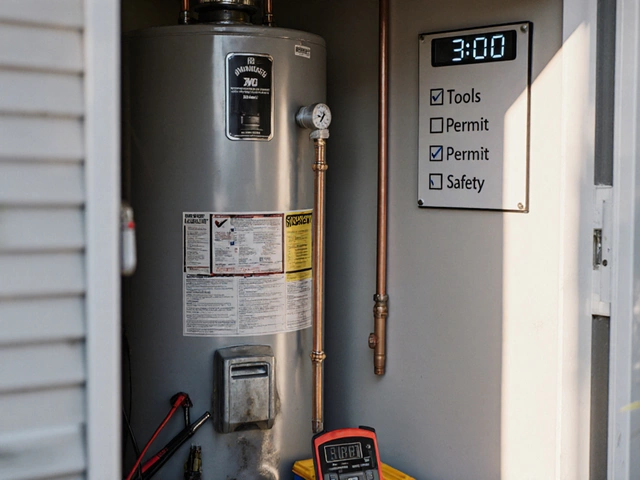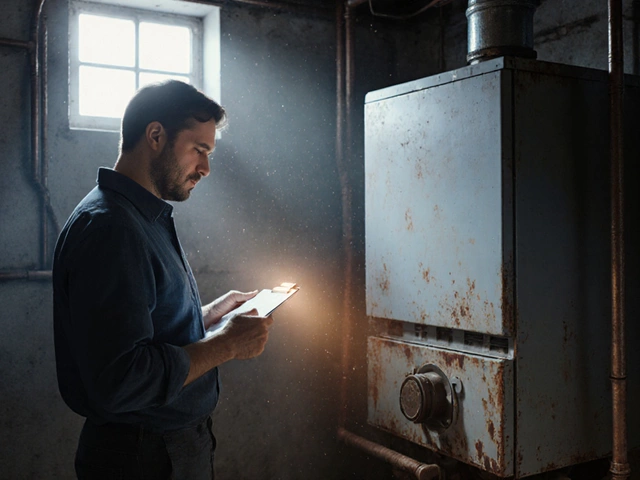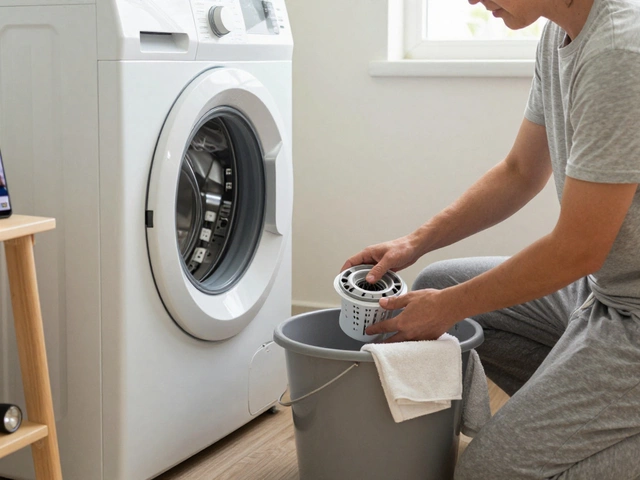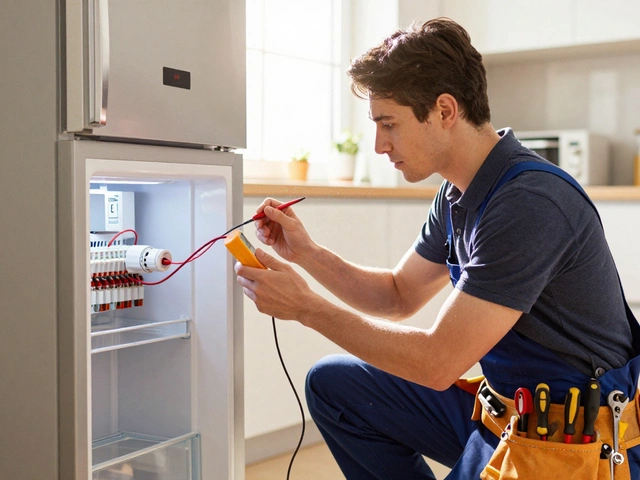How Long Does a Hot Water Heater Replacement Take?
October 18 2025Replace Heat Pump: Practical Guide for Homeowners
If your heat pump is humming less, blowing cold air, or constantly breaking down, it’s probably time to think about a replacement. Ignoring the signs can lead to higher energy bills, uncomfortable rooms, and costly repairs. In this guide we’ll walk you through the key reasons to replace, how to pick the right model, and what to expect from the installation process. No jargon, just clear steps you can follow.
When to Know It’s Time for a New Heat Pump
Heat pumps typically last 10‑15 years, but age isn’t the only factor. Look for these red flags: frequent short‑cycle runs, strange noises, reduced heating output, or a rising electricity bill despite normal usage. If you’ve needed more than two major repairs in the past year, the cost of fixing it often outweighs buying a fresh unit. Also, if your current system uses outdated refrigerant, upgrading can improve efficiency and meet modern regulations.
Choosing the Right Replacement for Your Home
Start by assessing your home’s size, insulation level, and heating needs. A unit that’s too small will run constantly, while an oversized one will short‑cycle and waste energy. Look for models with a high Seasonal Energy Efficiency Ratio (SEER) and a good warranty – 5‑year parts coverage is common. In Bedford, many homeowners favor air‑source heat pumps for their simplicity, but ground‑source options can be worth it if you have enough land and want the quietest operation.
Cost is a big question. Expect the unit itself to run between £2,000 and £5,000 depending on capacity and brand. Installation adds another £1,000‑£2,500, covering labour, disposal of the old system, and any required electrical upgrades. Some installers offer finance plans or government incentives for energy‑efficient upgrades, so ask about discounts before you sign.
Hiring a certified gas engineer is crucial, even though heat pumps aren’t gas‑powered. In Bedford, qualified engineers are familiar with local building regulations, electrical safety standards, and the paperwork needed for on‑grid connections. A professional will size the unit correctly, ensure proper refrigerant handling, and test the system for optimal performance. Skipping the expert can void warranties and lead to hidden problems later.
DIY installation might look tempting to save money, but it’s risky. You’ll need to manage refrigerant lines, electrical wiring, and possibly structural changes to accommodate the indoor unit. Mistakes can cause leaks, electric shocks, or poor heating. If you’re handy with tools, you could help with simple tasks like clearing the outdoor space, but let the certified technician handle the core installation.
After the new heat pump is in place, a regular maintenance plan will keep it running efficiently. Clean the outdoor coils twice a year, check filters monthly, and schedule a professional service before the heating season starts. These quick steps can add years to the system’s life and keep your energy bills in check.
Replacing a heat pump doesn’t have to be stressful. Identify the warning signs early, choose a unit that matches your home’s needs, and work with a qualified Bedford gas engineer. With the right approach you’ll enjoy steady warmth, lower running costs, and peace of mind for many years ahead.
 13 Sep
13 Sep
How to Tell If Your Heat Pump Needs Replacing (Signs, Costs, Repair vs Replace)
Not sure if your heat pump is dying? Learn the telltale signs, repair vs replace rules, real costs, and simple tests to decide with confidence-without wasting money.
Read More...



